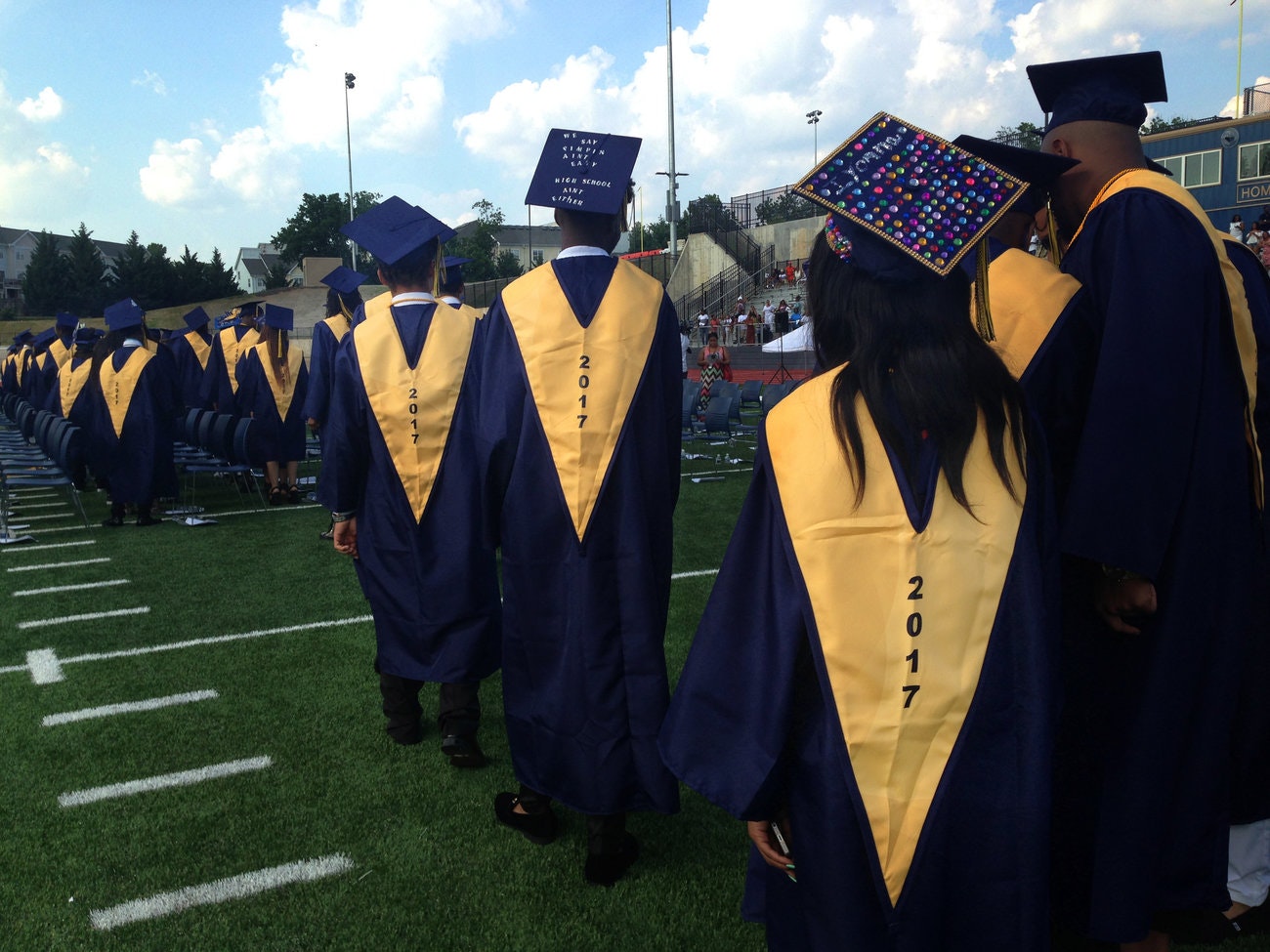
Dec 17, 2017
When an investigation exposed one D.C. high school’s allowing failing students to graduate, educators nationwide chimed in: the problem is larger than any one school.
The answers to fixing education policy have long bedeviled politicians and educators alike, before and since No Child Left Behind gave way to Every Student Succeeds. But beyond pronouncing ambitious education policies, are policy-makers asking the right questions when it comes to assessing schools?
The D.C. School District went into crisis mode recently, following NPR’s report earlier this year into D.C.’s Ballou High School, where educators felt pressured to allow failing students to graduate. The exposé prompted the district to investigate further and reassign the school’s principal pending the outcome of the further investigations.
What NPR hadn’t anticipated was the flood of similar accounts coming from educators across the nation. Educators’ stories shared a common theme: chronic absenteeism among students, ineffective half-measures to support failing students, and top-down pressure to pass students—and the problems in education—on. The bottom line: Educators know what’s been ailing the nation’s education systems but don’t have the resources or power to fix them.
What are your experiences of working in and out of schools? How can tutors play a role in reshaping how schools can combat student absenteeism and poor performance?
We want to hear from you: please share in the comments below!
banner image from https://www.npr.org/sections/ed/2017/12/17/570255742/teachers-around-the-country-react-to-investigation-into-ballou-high-school
Teachers Around the Country React to Investigation into Ballou High School https://www.npr.org/sections/ed/2017/12/17/570255742/teachers-around-the-country-react-to-investigation-into-ballou-high-school
